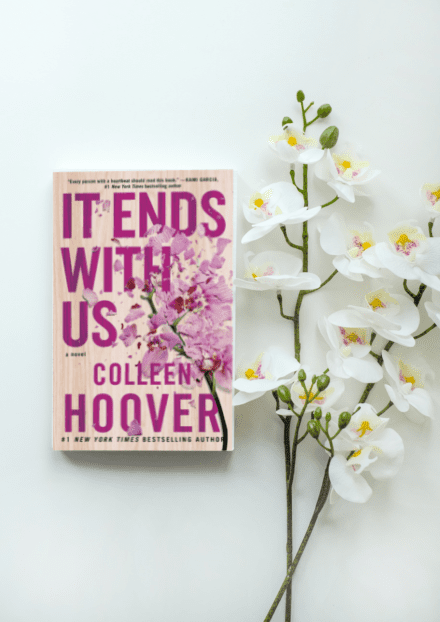It’s February and love is in the air, which can only mean one thing. For a portion of the month, we’re talking romance! The good, but also the bad and downright ugly of it all. The romance genre has many layers to it, and we’ll be dissecting and analyzing the facets of arguably the most consistently best selling genre of books that there is.
We kick off by tackling the age-old trope of the “domineering” love interest. These figures, usually male, appear in so many romance novels – often as a wealthy, powerful character who exerts control over the protagonist.
Related5 Romance Authors Who Have Stood the Test of Time
A prime example of this is Christian Grey from “50 Shades of Grey”. However, we stress that this is problematic. It’s important to recognize that these characters often display toxic behaviors that, in a real-life context, would be unacceptable. In these narratives, the love interest is often portrayed as deeply troubled, with past traumas used as a justification for their controlling behavior.

We discuss the novel, “365 Days”, which takes this trope to an extreme. The protagonist is kidnapped and given a year to fall in love with her captor. We express concern about the implications of romanticizing such a scenario and the potential impact on readers’ perceptions of healthy relationships.
In addition, we note that there’s a disturbing trend in these novels to trivialize serious issues such as kidnapping, trauma, and violent behavior. These elements are often used as plot devices to deepen the romance, but in reality, they are serious issues that should be handled with care and sensitivity.
We ponder whether audiences genuinely find these narratives attractive or if they simply enjoy the thrill of reading about them. We’re curious about the community’s thoughts on this. Do you find these tropes appealing? Are there any tropes that you dislike or find problematic?
RelatedBest BookTok Romance Comedies Books: A Discussion
Finally, we discuss the controversies surrounding some authors in the romance genre, highlighting instances of authors fabricating stories about their backgrounds or life experiences. We question the ethical implications of this and the impact it has on the credibility of the genre.
We conclude by encouraging our listeners to critically evaluate the tropes in romance novels and to recognize the difference between fiction and reality. As always, we’d love to hear your thoughts on these topics.
Enjoying this episode? Be sure to check out all of our coverage of the genre over at https://fully-booked.ca/. We’re a listener-supported podcast! Please consider pledging and helping Fully Booked to grow our library over at https://ko-fi.com/fullybooked, or by leaving us a 5 star rating and review wherever you’re listening. Thanks bookworms, and don’t forget to keep on reading.















